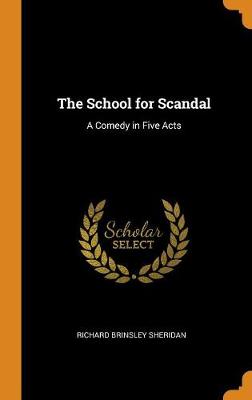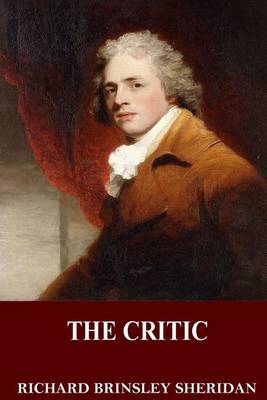New Mermaids
3 total works
Drama Classics: The World's Great Plays at a Great Little Price
One of the best known eighteenth century comedies of manners, Sheridan's first play, and still his most popular.
Lydia Languish, a young woman from a good family, holds to an impossible romantic ideal of love, and resolves only to marry a pauper. So Jack Absolute pretends to be a poor soldier in order to win her hand. Meanwhile, Jack's father is attempting to procure the match through the proper channel of Lydia's guardian, and Jack becomes a rival to himself, before he is finally challenged to duels by rival suitors in both his identities...
Richard Brinsley Sheridan's play The Rivals was first performed at Covent Garden Theatre, London, in 1775.
This edition of the play, in the Nick Hern Books Drama Classics series, is edited and introduced by Colin Counsell.
One of the best known eighteenth century comedies of manners, Sheridan's first play, and still his most popular.
Lydia Languish, a young woman from a good family, holds to an impossible romantic ideal of love, and resolves only to marry a pauper. So Jack Absolute pretends to be a poor soldier in order to win her hand. Meanwhile, Jack's father is attempting to procure the match through the proper channel of Lydia's guardian, and Jack becomes a rival to himself, before he is finally challenged to duels by rival suitors in both his identities...
Richard Brinsley Sheridan's play The Rivals was first performed at Covent Garden Theatre, London, in 1775.
This edition of the play, in the Nick Hern Books Drama Classics series, is edited and introduced by Colin Counsell.
Sheridan's most successful play, often considered the apex of English comedy.
The Critic was Sheridan's response to a very specific political and theatrical situation. In the summer of 1779, a Franco-Spanish invasion seemed imminent and patriotic fervour superseded party divisions and personal animosities. The Critic satirises the panic of the summer in the form of the comically misconceived tragedy 'The Spanish Armada' that is in rehearsal in the second and third acts, but The Critic ends with genuine patriotic feeling. This edition traces both the political and the theatrical objects of Sheridan's satire and discusses its reliance (and improvement) on earlier meta-theatrical burlesques like The Duke of Buckingham's Restoration romp The Rehearsal.


